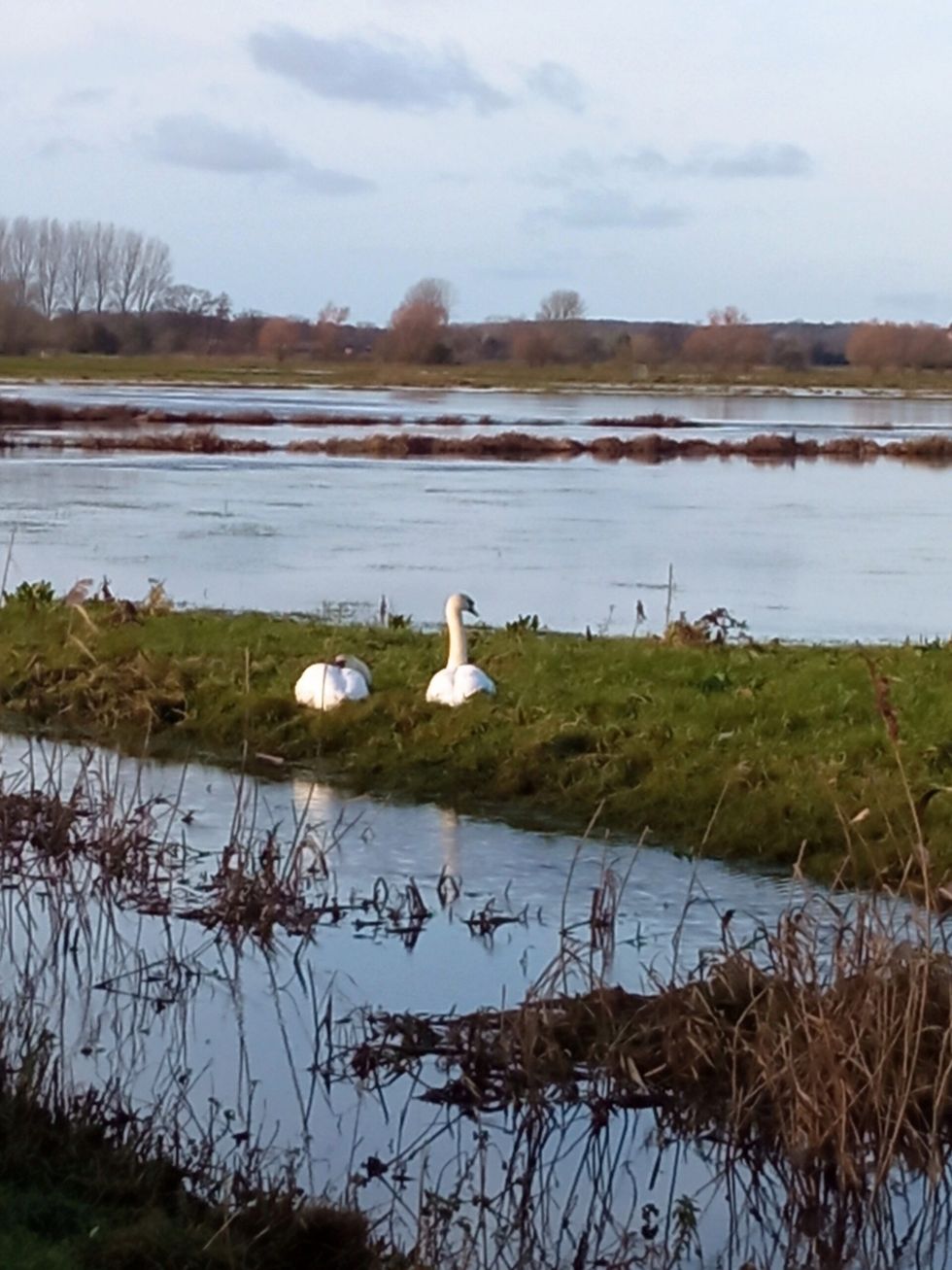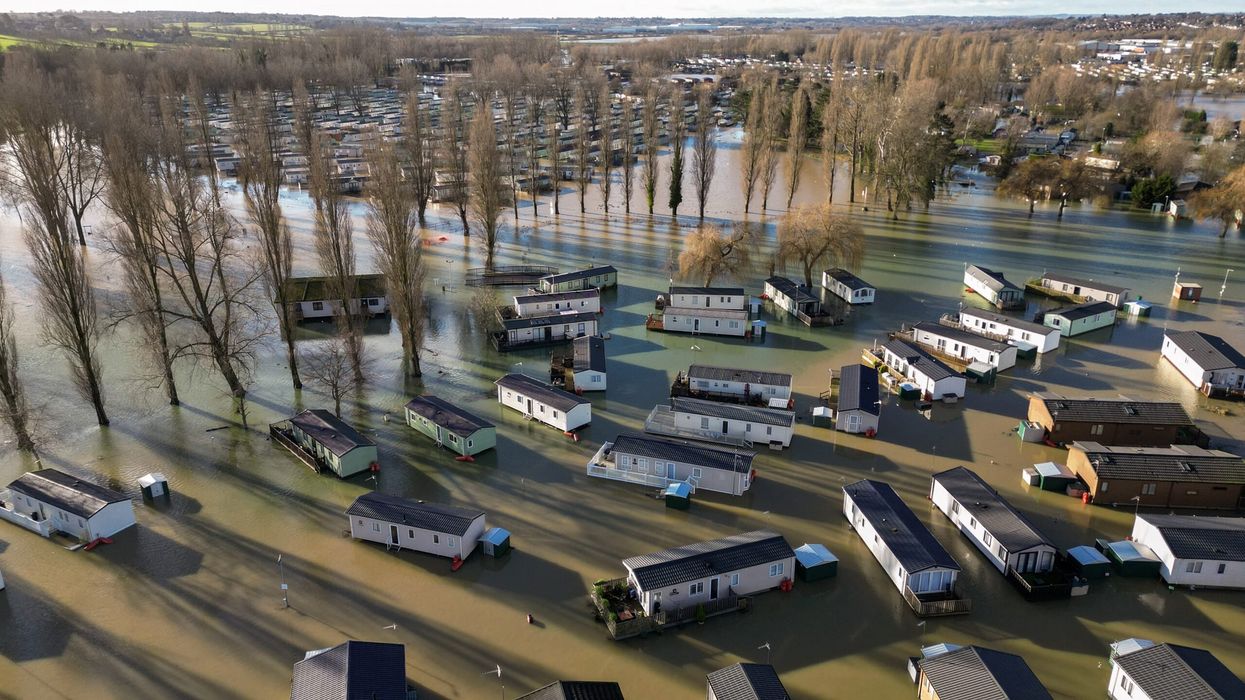AT SCHOOL in India, we were taught Samuel Taylor Coleridge’s poem, The Rime of the Ancient Mariner, in the heat and dust of Patna in the central eastern state of Bihar.
In the last few days, as Britain struggled with yet another winter of flooding, I have been thinking of the famous lines from the poem: “Water, water, every where,/ And all the boards did shrink;/ Water, water, every where,/ Nor any drop to drink.”
I spent Christmas with members of my extended family in the Suffolk countryside, where the farms resembled lakes. At night, I parted the bedroom curtains to take a quick look outside. Another poem, a special favourite of mine, came to mind – The Highwayman by Alfred Noyes – which (being in India) we had to learn by heart.
“The wind was a torrent of darkness among the gusty trees./ The moon was a ghostly galleon tossed upon cloudy seas./The road was a ribbon of moonlight over the purple moor…,” and so on. The water at night did resemble silver. During the day I went for a long walk. There was apparently a pub in the far distance you could walk to when the water had receded and the fields were dry in summer. But, now in December, the water locks in the local river had been open and the fields lay submerged.
Advice is now being offered on how to get out of a car if it is submerged. It is apparently very difficult to open a door or even smash a window or the windscreen because of the pressure of the water outside. We are urged to carry a little tube which helps a trapped motorist to break a window from the inside.
Are we supposed to be living in England with its gentle rain and moderate climate?
On television, householders speak of being flooded seven times. The Environment Agency said the Trent’s levels were some of the highest seen in 24 years. Nottinghamshire County Council said more than 100 homes in the county were among those hit by flooding, but warned the number could rise.

A party boat moored at Temple Pier on the River Thames sank during heavy rainfall. Local flooding has caused train lines to be blocked between Reading and Taunton and between Swindon and Bristol Parkway.
South Western Railway’s route to Devon has also been affected by the weather, after a landslip at Crewkerne in Somerset.
I think I have written before about the Kosi River in India which was so prone to flooding that it was called “the sorrow of Bihar”.
Should British rivers be called “the sorrow of…” wherever they happened to be located?
The erstwhile Maharajah of Dharbhanga, who owned the Indian Nation, appointed my father as editor of Bihar’s national daily newspaper at a young age.
He was sacked by the state’s then British governor, Sir Thomas George Rutherford, who had urged my father to moderate his leader comments slamming the colonial administration for not doing enough to help the villagers who had lost everything, including often their lives. “Your Excellency, I won’t take out a comma,” was not a diplomatic response.
Now I read that the highest rainfall totals recorded last Thursday (4) across the country were 35.2mm in the village of Otterbourne in Hampshire, while between 20mm and 30mm fell across much of southern England.
Parts of Henley were under water as the Thames overflowed.
And a canal burst its banks in Hackney Wick, east London, causing flooding in an area of around 10 acres.




